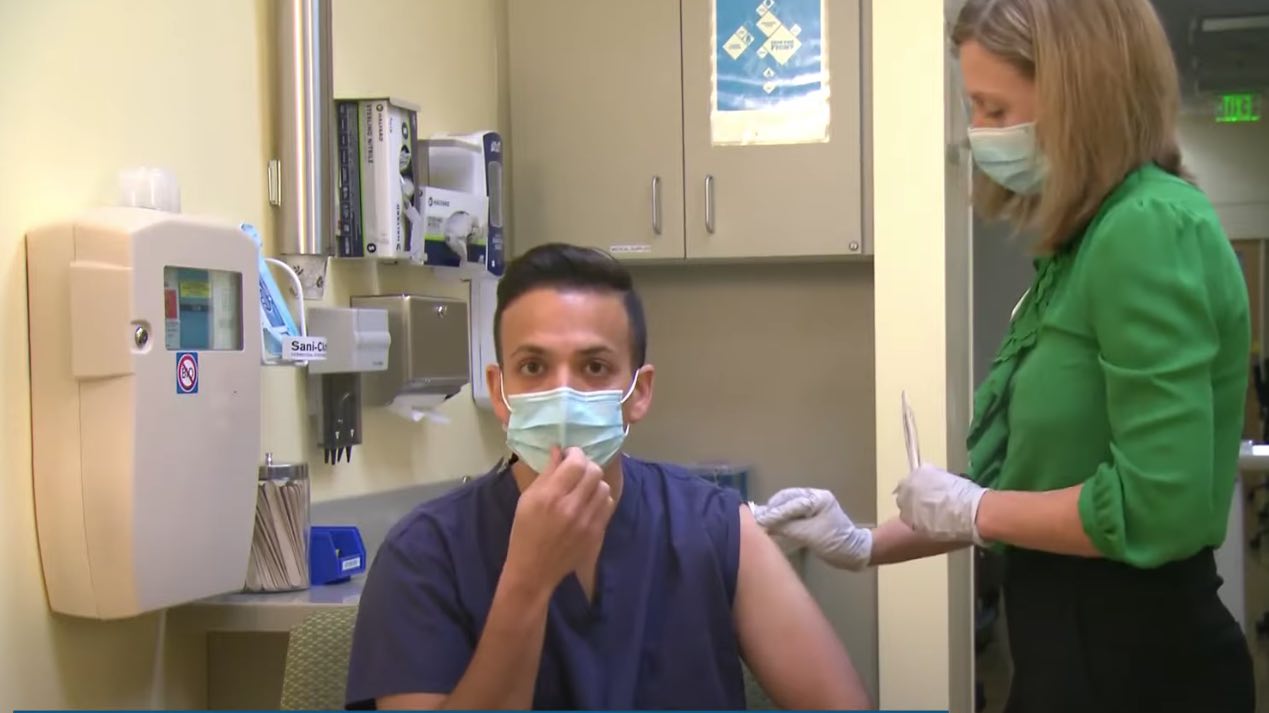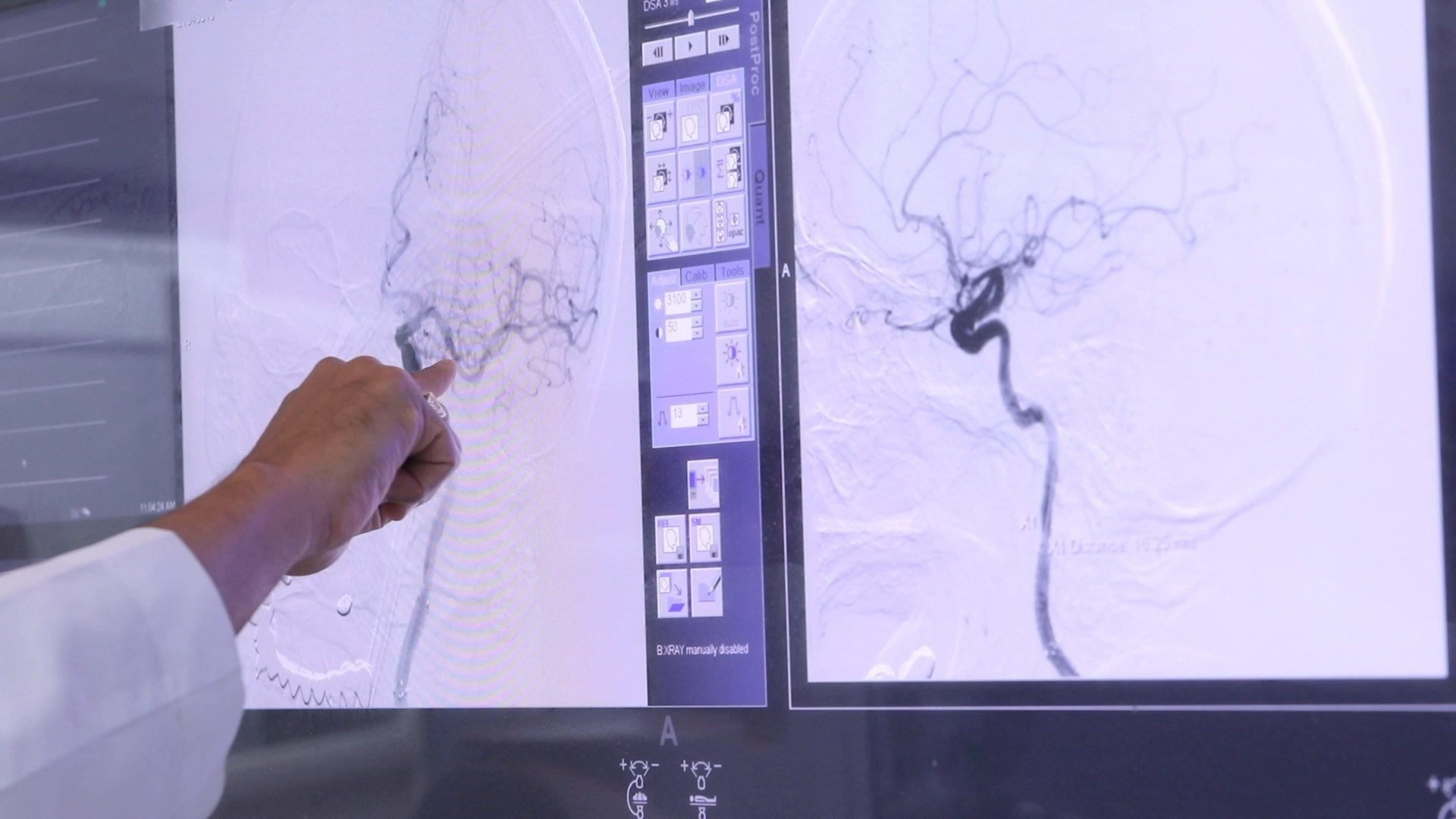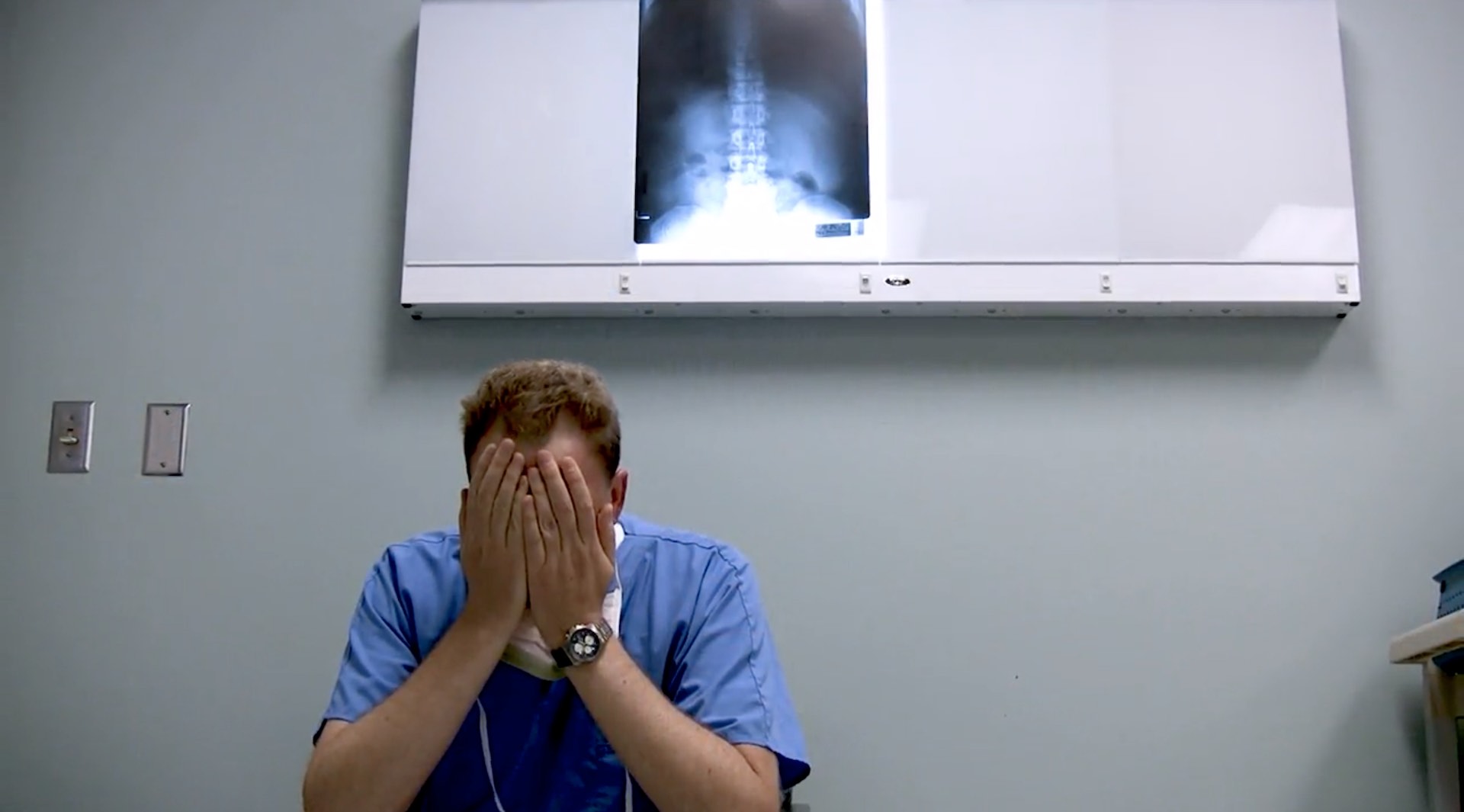AAP urges more aggressive treatment of infections in children with cochlear implants
Reuters Health • The Doctor's Channel Daily Newscast
They also recommend more aggressive treatment of acute otitis media, noting that watchful waiting without antibiotic therapy is “inappropriate.”
“Cochlear implants are being implanted more commonly and in younger children and primary care providers are increasingly likely to have such patients in their practice,” said Dr. Lorry G. Rubin, of Steven and Alexandra Cohen Children’s Medical Center of New York (formerly Schneider Children’s Hospital) in New Hyde Park.
“Many such patients live far from their cochlear implant center and surgeon such that the primary care provider will see the patient for fever, possible ear infection, possible meningitis,” he added in an e-mail to Reuters Health.
By the end of 2005, almost 15,000 children and 22,000 in the U.S. had cochlear implants, they note, and about one million are potential candidates for the devices.
Studies have found an increased risk of bacterial meninigitis after implantation, with up to 189 cases per 100,000 person-years — or more than 30 times the rate in the general population.
“There is a need for guidelines for prevention, recognition, and management of cochlear implant-related infections, acute otitis media, and bacterial meningitis in children with cochlear implants,” the researchers wrote online July 26 in Pediatrics.
The new guidelines — the first of their kind, according to Dr. Rubin — are based on a review of the literature. The recommendations include:
Not routinely immunizing children younger than 11 years with meningococcal conjugate vaccine.
Urgently referring patients with postoperative wound infection to their surgeon. Broad-spectrum antibiotics (including agents with activity against methicillin-susceptible and -resistant Staphylococcus aureus) should be initiated.
Considering the possibility of bacterial meningitis in all febrile patients with cochlear implants, especially if the patient presents within two years of implantation (or indefinitely if the implant was an Advanced Bionic model AB-5100H or AB-5100H-11, placed between 1999 and 2002).
Starting parenteral antibiotics if otitis media is diagnosed within two months or implantation. For later infections, oral antimicrobial therapy may be considered if certain criteria are fulfilled. Watchful waiting is not appropriate.
Treating meningitis occurring within two months of implantation with an agent that has broad activity against Gram-negative bacilli (when empiric). After two months, standard empiric treatment is recommended.
For surgeons in particular, the guidelines advise:
Image the temporal bone/inner ear before implant surgery. If malformations are found, use extra care when sealing the cochleostomy to prevent bacterial meningitis.
Consider tympanostomy tube placement in otitis-prone children.
Make sure all vaccines have been administered at least two weeks before implant surgery, including all age-appropriate doses of pneumococcal conjugate and Haemophilus influenzae type b conjugate vaccine, and a single dose of 23-valent pneumococcal polysaccharide vaccine starting at two years.
Reference:
Policy Statement—Cochlear Implants in Children: Surgical Site Infections and Prevention and Treatment of Acute Otitis Media and Meningitis
Pediatrics 2010.






